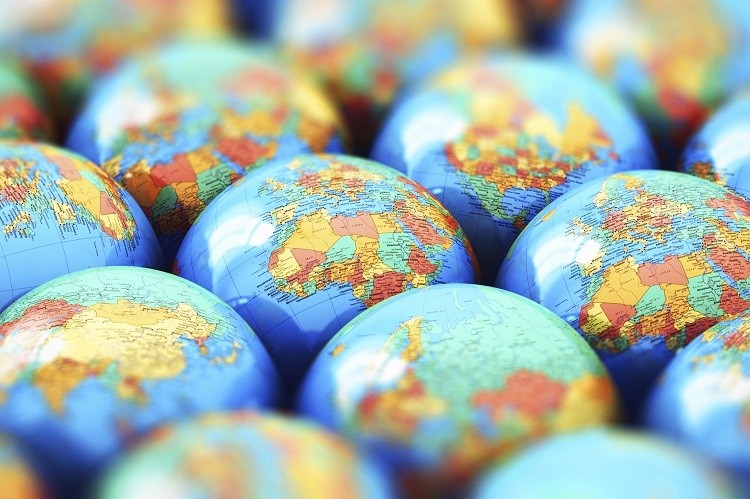Biosimilar sales remain small in 'largely untapped' market

“The biosimilar market as a whole is new and largely untapped, and there remain many unanswered questions, particularly over how biosimilars are defined from a regulatory perspective and how they are perceived and understood by patients and physicians,” said Ian Platts, pharmaceuticals markets analyst at BMI Research.
Because of this, Platts said regulated markets "are going to be more financially rewarding to crack and therefore will be the target of more attention.”
However, while less regulated pharmaceutical markets, such as Latin America, pose challenges, they also have a “plus side” as it “will make it easier to develop and market biosimilars because what constitutes a biosimilar will be less well defined,” said Platts.
Yet, without an agreed-upon definition of what a biosimilar is, a product marketed in Latin America may not meet the definition in the US. As such, the product couldn’t be marketed in the US “without substantial additional clinical testing,” Platts explained, which he said would limit the product's potential.
“Companies would need to decide whether it's better to produce a biosimilar that meets regulated requirements and then also sell this in less regulated markets, or develop a biosimilar in less regulated markets and use that experience to enhance the ability to develop it for regulated markets,” he added.
Platts argues that Biocon and Mylan used this approach with their biosimilar version of Roche’s breast cancer drug Herceptin, which was originally approved in India in late 2013. The US Food and Drug Administration (FDA) approved the companies’ biosimilar (Ogivri) last year.
Earlier this month, the FDA vetoed Amgen’s biologics license application (BLA) for its biosimilar version of Herceptin, marking the agency’s third rejection of a Herceptin biosimilar candidate this year.
“At the moment, the global market is so new that I'm not sure anyone is really sure how its financial potential will work out in practice,” said Platts, “overall, biosimilar sales I think remain relatively small.”
Biosimilar development in Latin America
Last year, the Canadian biopharmaceutical company PlantForm – which recently received a patent for its tobacco plant-based platform – broke ground on a new biopharmaceutical lab and production facility in Rio de Janeiro, Brazil. As previously reported, the plant will cost around $750,000.
The facility is being developed as part of a joint venture with Axis Biotec, a Brazil-based holding company that sponsors and manages research and development. The aim is to support the development of biosimilars for the Brazilian market.
The companies are looking to develop a biosimilar version of AbbVie’s Humira (adalimumab), along with several other pipeline biologics.






